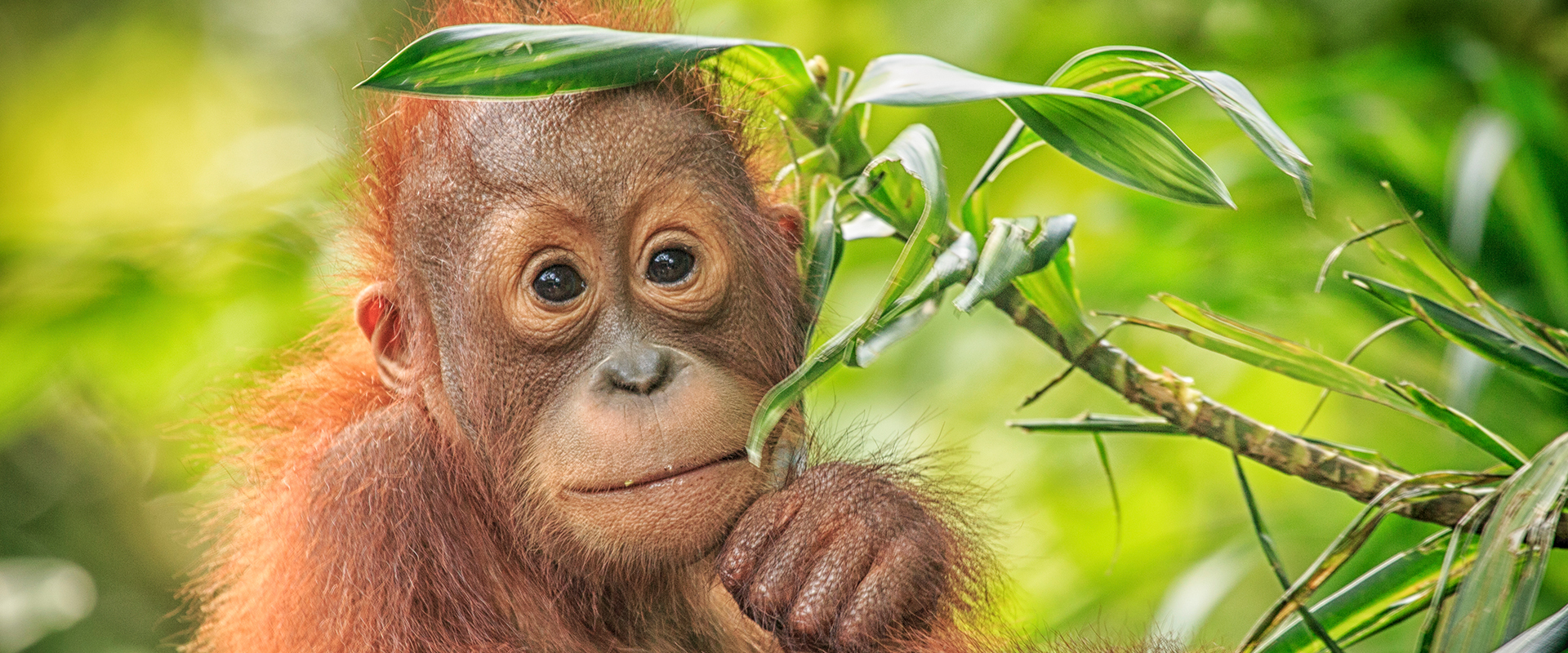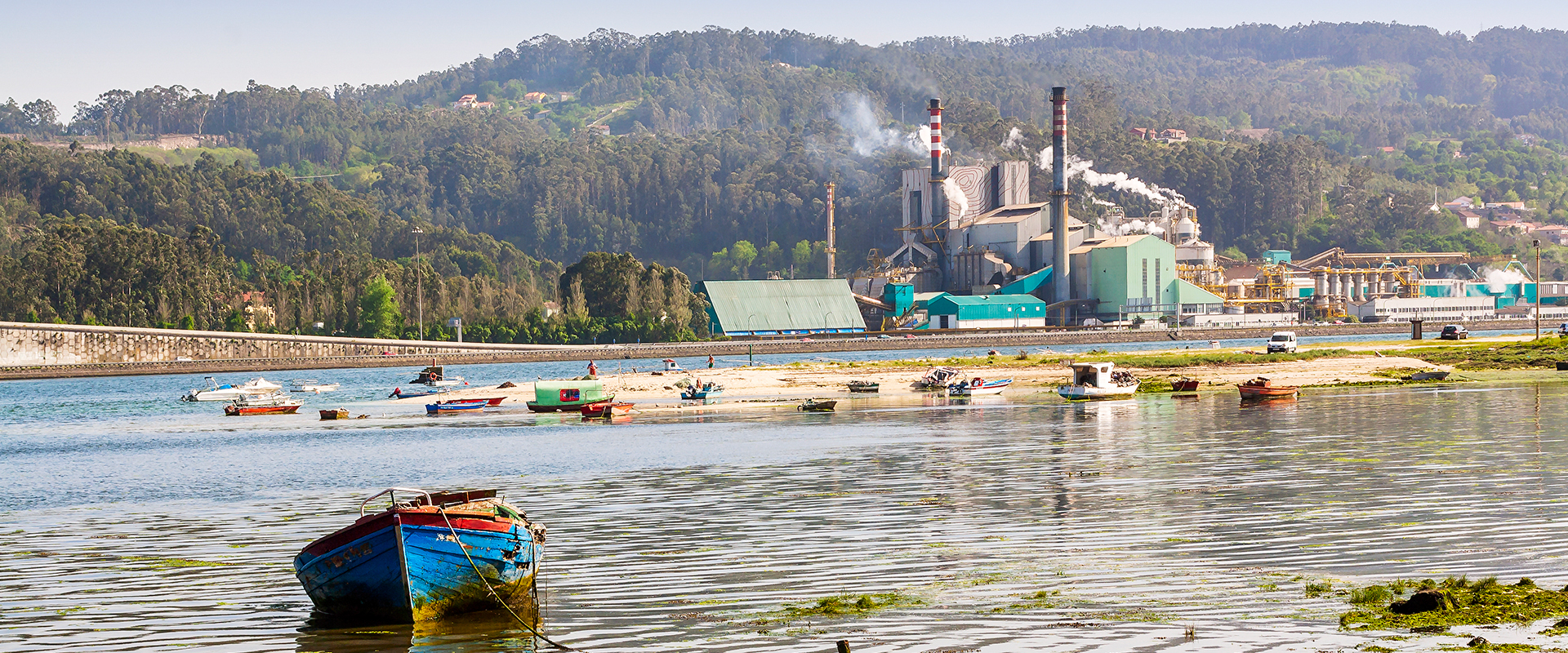Dr Seuss was a writer who was frequently inspired by political topics like the environmental movement, which allowed him to channel his negativity into magical and meaningful children’s literature - such as The Cat in the Hat, Horton Hears a Who and Oh! The Places You Will Go.
To some his underlying use of political themes might be viewed as controversial, especially in children’s storybooks, but as an adult reflecting on this story - which was a must-read of my primary school curriculum, the environmental messages are certain…and scary. Nevertheless, I’m glad that these books have subtly informed me and taught me that even though the world is full of issues, if you care, you can help to make them better.
To start, I’m going to give you a quick summary of the story:
A boy living in a polluted area of town seeks to discover what happened to the Lorax. To discover this he visits a man called Once-ler in the place where the “Grickle –grass grows”. While visiting Once-ler he hears the sad story of how Once-ler chopped down all the Truffula trees to fund his manufacturing business, destroying the home of the animals and polluting the air and water. This in turn drove the Lorax away and the Once-ler now lives alone and with deep regret of his selfish actions.
Re–reading the short story of the Lorax which was published in 1971, it's clear what the important themes are that Dr Seuss has focused on and it’s sad that over 40 years later (and well over 20 years after the death of Theodor Seuss Geisel) these themes are still major issues that we face today.
So what are the themes and how are they still relevant today?
Deforestation
The major catalyst to the Lorax leaving was the cutting down of all the trees. The Lorax speaks for the trees “for the trees have no tongues” and unfortunately all his speaking did could not save them – especially as the innovation in Once-ler’s axe technology quadrupled his turnover of tree harvesting!
In real life and in today’s terms, deforestation is devastating to our planet and at the current rate of deforestation the world’s rainforests could completely vanish in a hundred years. The most common reasons behind deforestation are agriculture, logging and urban sprawl. The biggest impact deforestation has is on the 80% of the earth’s animals and plants that live there. While for climate change, no trees means dryer soils and less absorption of greenhouse gasses.

Orangutan in the forest
Deforestation is a primary threat to animals like the Orangutan.
Poor respect for the environment
If you work for a large corporation, the term Corporate Social Responsibility might be something you have heard quite a lot about. Respecting the environment from a business level has thankfully become quite important in the past few years, but for the average individual, is respecting the environment still a challenge that we need educating on? In 2015 The Telegraph reported on a government survey that showed how only 18% of Britons are “very concerned” about climate change. So does that show that they have no driver behind pro-activity respecting the environment – like Once-ler?
It’s a question we ask ourselves over on our Green Gateway Twitter page (@green_gateway) so feel free to discuss your thoughts with us on there.
The importance of plants
As previously mentioned, less trees means drier soils and less absorption of greenhouse gasses. But on an everyday scale, trees and plants are so much more than that. Plants, like in the story of the Lorax, provide shelter, food, oxygen and water purification. Without the Truffula trees the pollution from Once-ler’s factory destroys the quality of the air and the water, changing the landscape and driving the animals away. Beyond this, plants also provide medicine and store carbon dioxide, helping us reduce the impact of other environmental threats like the burning of fossil fuels.
The impact of pollution
Aside from the physical impact of pollution, the Lorax touches on the impact of pollution from over manufacturing “your machine chugs on, day and night without stop, making gluppity-glupp. Also schloppity-schlopp”. According to Conserve Energy Future, any form of pollution can be traced back to industrial practices. This can be seen in countries that face a rapid growth of industry. The contamination and effects of this are so vast that they would require an article in themselves to do them justice. But if Dr Seuss’ exploration of this theme is something you want to delve into further, the more in-depth Lorax film from 2012 is definitely worth watching.

Industrial pollution
Industrial waste is a large contributor to global pollution.
So relating this back to International Children’s Book Day, I hope you appreciate why The Lorax is not just an enchantingly poetic story. It is also worthy of being in the realm of children’s classics, like his other work: Oh! The Places You Will Go, this has deep and touching meaning that will leave children and adults alike questioning their impact in the world we live in today.
Ellina Webb is a Marketing Specialist at Mitsubishi Electric
If you have any questions about this article or want to know more, please email us. We will contact the author and will get back to you as soon as we can.

